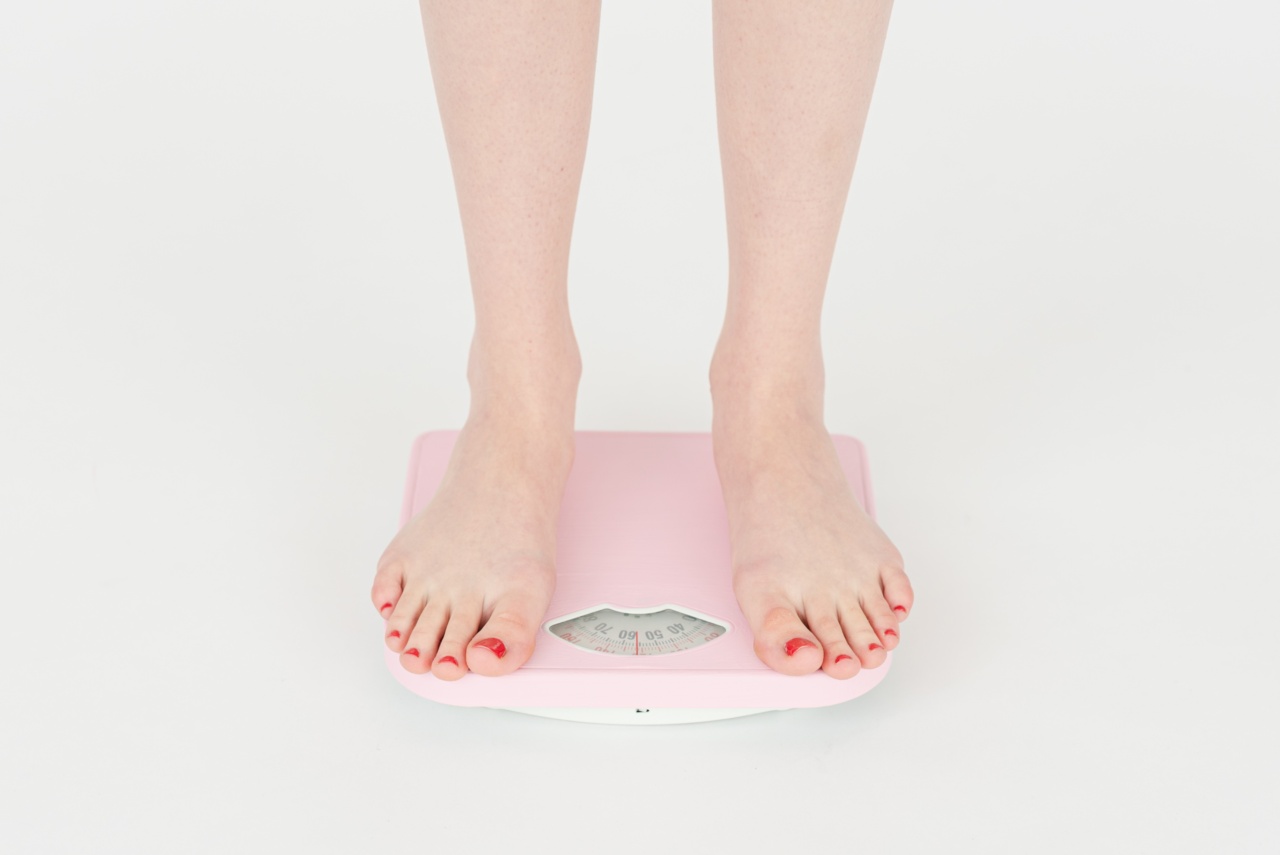Eczema is a chronic skin condition that affects millions of people worldwide. It is characterized by inflammation, redness, itching, and sometimes pain.
The exact cause of eczema is unknown, but it is thought to be related to a combination of genetic and environmental factors.
The symptoms of eczema can be managed with a variety of treatments, including topical creams and ointments, phototherapy, and oral medications. However, many people with eczema are turning to elimination diets as a possible solution.
What is an elimination diet?
An elimination diet involves removing certain foods or food groups from your diet for a certain period of time. The idea is to identify foods that may be triggering your symptoms and to eliminate them to see if your symptoms improve.
A typical elimination diet involves removing common allergens such as dairy, soy, eggs, and wheat.
It is important to work with a healthcare professional or registered dietitian when embarking on an elimination diet to ensure that you are still getting all the nutrients your body needs.
The link between eczema and food allergies
There is some evidence to suggest that eczema may be linked to food allergies. In fact, up to 40% of children with eczema also have food allergies. Common allergenic foods include dairy, soy, eggs, wheat, nuts, and fish.
Eliminating these foods from your diet may help reduce inflammation and improve your skin symptoms. However, it is important to note that not everyone with eczema has a food allergy. In these cases, an elimination diet may not be effective.
Research on elimination diets and eczema
There have been several studies investigating the link between elimination diets and eczema.
One study published in the Journal of Allergy and Clinical Immunology found that an elimination diet was effective in reducing eczema symptoms in children with food allergies. However, the study also found that the diet was difficult to maintain over a long period of time and that compliance was low.
Another study published in the British Journal of Dermatology found that an elimination diet was effective in reducing eczema symptoms in a group of adults with suspected food allergies.
However, the study also noted that adherence to the diet was difficult and that many participants had trouble identifying their trigger foods.
Important considerations before starting an elimination diet
Before starting an elimination diet for eczema, it is important to consult with a healthcare professional or registered dietitian. They can help you determine which foods to eliminate and for how long.
It is also important to keep a food diary during the elimination phase to help identify trigger foods. Once the elimination phase is complete, foods can be gradually reintroduced to determine if they are causing symptoms.
Finally, it is important to remember that an elimination diet is not a long-term solution. Once trigger foods are identified, they can be eliminated or reduced in your diet, but it is important to continue eating a varied and balanced diet.
Conclusion
An elimination diet may be an effective way to manage eczema symptoms in individuals with food allergies. However, it is important to work with a healthcare professional or registered dietitian to ensure that the diet is safe and nutritionally adequate.
It is also important to remember that not everyone with eczema has a food allergy, and in these cases, an elimination diet may not be effective.





























